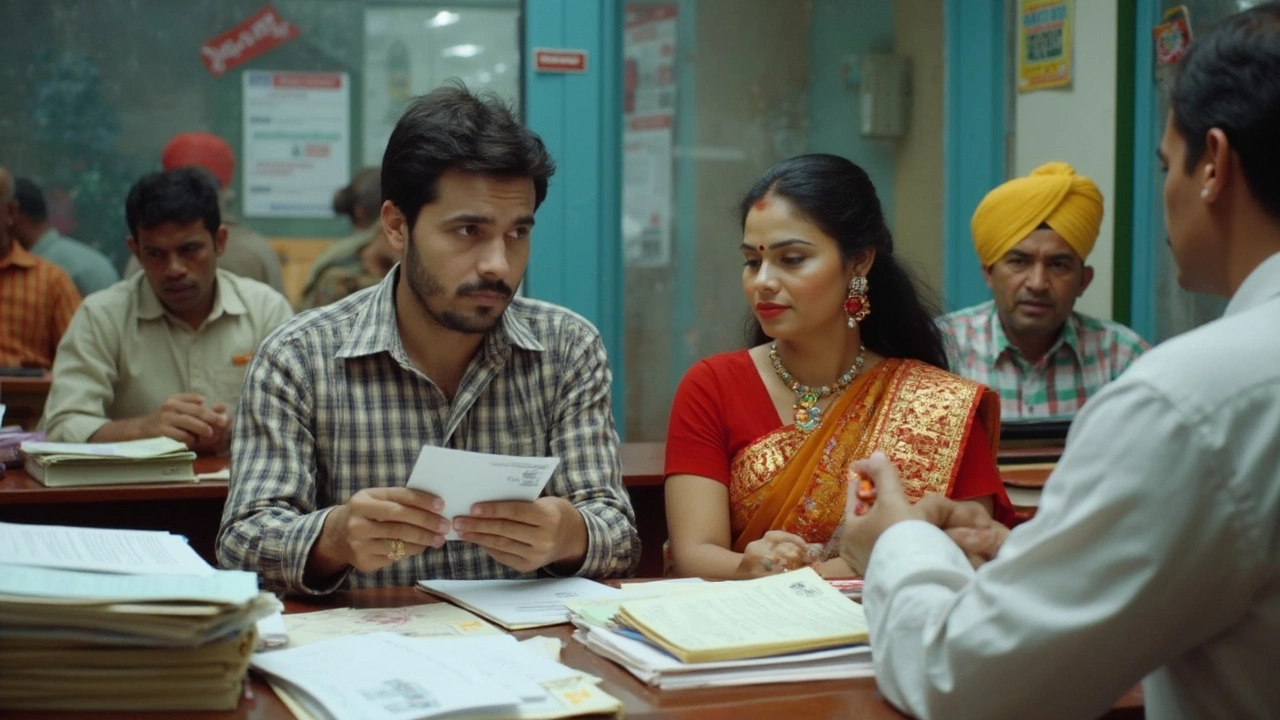Legal Process Made Simple – Your Quick Guide
Ever felt lost when a legal issue pops up? You’re not alone. The Indian legal system can look like a maze, but the right roadmap makes it easier. This page pulls together the most useful articles that break down legal steps into bite‑size pieces.
How to Tackle a New Case
First thing you need is a clear picture of what you’re dealing with. Is it a divorce, a salary dispute, or a claim for damages? Write down the main facts, gather any paperwork (pay slips, medical reports, marriage certificates) and note dates. Having everything laid out saves time and stops you from missing key details later.
Next, check which law applies. For a divorce, you’ll be looking at the Hindu Marriage Act or the Special Marriage Act. For salary cuts, the Industrial Disputes Act is the go‑to source. Knowing the right statute lets you focus on the right arguments instead of wandering through unrelated rules.
After that, decide if you need a lawyer. Some cases, like small civil claims, you can handle yourself using the steps in our "How Civil Cases Are Proven" article. Bigger battles, such as high‑value injury claims, usually benefit from a specialist. Our directory of advocates can help you find someone who fits your budget and case type.
Practical Tips from Real Articles
Want a shortcut on proving damages? The "What Evidence Do You Need to Prove Damages?" guide lists the exact documents courts love – invoices, doctor notes, and loss of earnings calculations. Follow the checklist and you’ll avoid common pitfalls.
If you’re wondering whether your marriage is legally valid without registration, the "Is Indian Marriage Valid Without Registration?" article clears the confusion and shows you how to protect your rights.
Thinking about a salary cut? Our 2025 guide explains when an employer can legally reduce pay and what steps you can take if they overstep. It’s a must‑read before you sign any new contract.
And for those facing divorce, we have two hot topics: "Is Living Separately Mandatory for Divorce in India?" and "How Long Does Divorce Take in India?" Both break down myths, outline the actual legal timeline, and give tips on speeding up the process.
All these pieces share a common theme: start with facts, know the law, and act fast. Skipping any of these steps can cost you time, money, and stress.
Keep this page bookmarked. Whenever a new legal hurdle appears, you’ll have a set of clear, practical guides right at your fingertips. No jargon, no fluff – just what you need to move forward confidently.
How Do Most Civil Cases End? Breaking Down Civil Court Outcomes
Most civil cases don't actually reach a full trial but are resolved through settlements or dropped before a verdict. This article explains how these cases usually end, what makes people settle, and why going to trial is less common. It digs into the steps of the process and shares useful tips for anyone dealing with a civil lawsuit. You'll also get practical advice on handling settlements and understanding your options if you ever get involved in a civil dispute.
American Marries Indian: What Happens with Registration in India?
When an American marries an Indian in India, the paperwork, rules, and process can get confusing fast. This article breaks down the exact steps and requirements both need to know for a smooth marriage registration. Even little details, like which forms to fill and what documents you can’t skip, can make or break the process. You’ll also find tips for avoiding common mistakes. No fluff, just real steps to take if you want your marriage registered quickly and legally.

